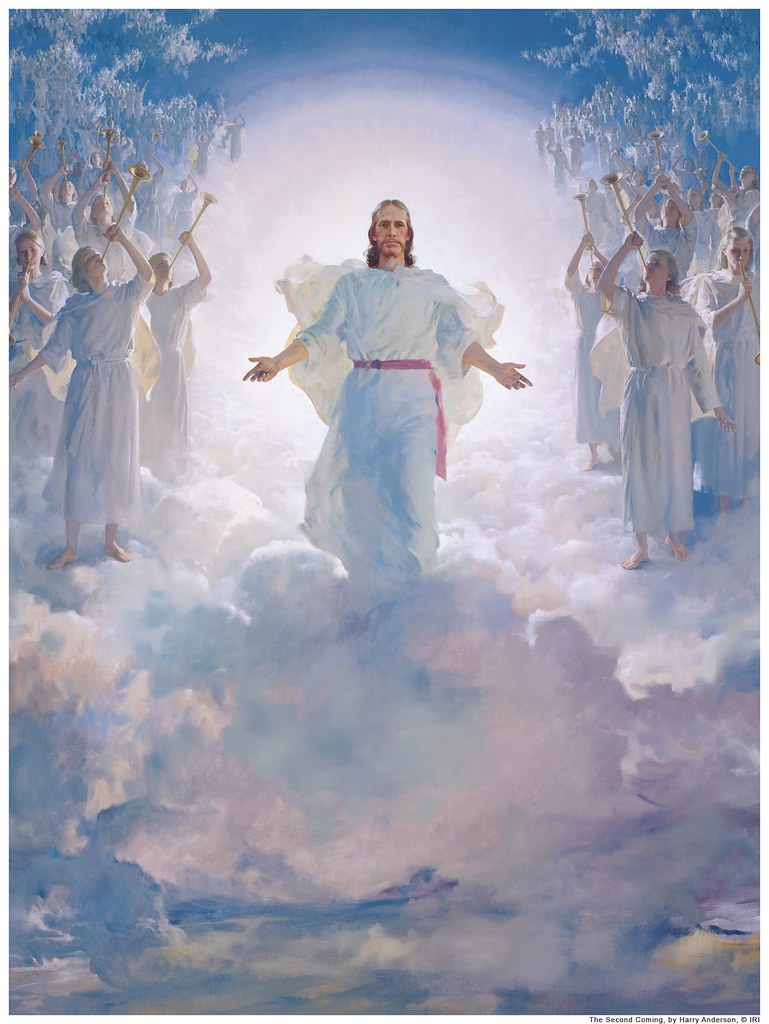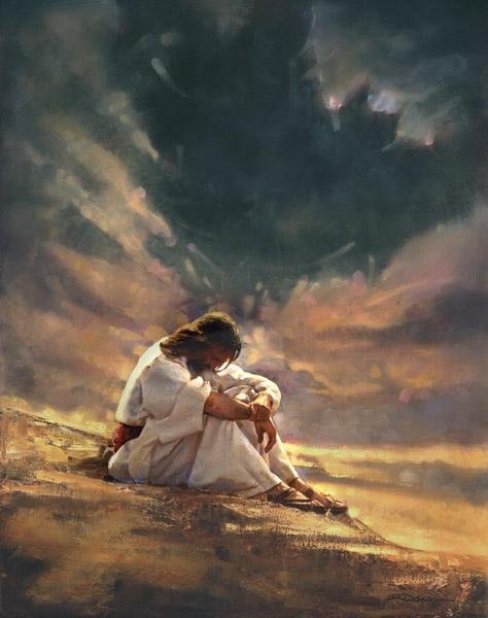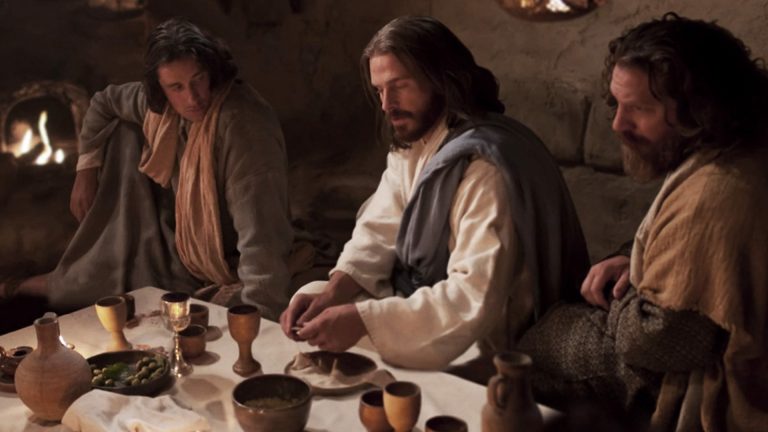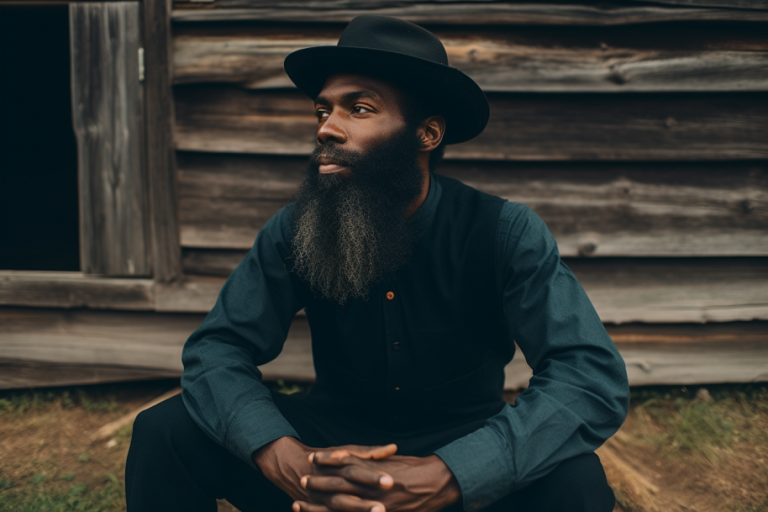How Old Was Noah When He Built the Ark?
Have you ever wondered how old Noah was when he built the ark? You might be surprised to learn that he was not a young man, but a very old one by today’s standards. In fact, he was one of the oldest people ever recorded in the Bible!
In this blog post, we will explore how old Noah was when he built the ark and what implications it has for our understanding of his life and faith. We will also look at some of the challenges he faced while building and preparing the ark, and how his faith sustained him through his work. Finally, we will see what lessons we can learn from Noah’s example and how we can apply them to our own lives.

How Old Was Noah When He Built the Ark?
To answer this question, we need to look at the biblical timeline and genealogy that are given in Genesis chapters 5 and 11. These chapters list the names and ages of Noah’s ancestors and descendants, from Adam to Abraham. By adding up these numbers, we can calculate how many years passed from creation to different events in history.
According to this calculation, Noah was born 1,056 years after creation. The flood started when he was 600 years old, which means it happened 1,656 years after creation.
Therefore, Noah was around 500 years old when he started building the ark and 600 years old when he finished it.
That’s a very long time! To put it in perspective, here is a table that compares Noah’s age with other biblical figures and with modern life expectancy:
| Biblical Figure | Age at First Son’s Birth | Age at Death |
|---|---|---|
| Adam | 130 | 930 |
| Seth | 105 | 912 |
| Enosh | 90 | 905 |
| Kenan | 70 | 910 |
| Mahalalel | 65 | 895 |
| Jared | 162 | 962 |
| Enoch | 65 | 365 (taken by God) |
| Methuselah | 187 | 969 |
| Lamech | 182 | 777 |
| Noah | 500 | 950 |
Based on the biblical genealogy, we can calculate that Noah was around 500 years old when he started building the ark, and 600 years old when he finished it. This timeline shows that Noah lived longer than most other biblical figures but still fell short of the age of his ancestors such as Methuselah and Jared.
According to Genesis 9:29.
As you can see, Noah lived much longer than most people in history. He also started building the ark when he was already older than most people ever live. How did he do it? And why did it take so long?
Why Did It Take So Long to Build the Ark?
The Bible does not tell us exactly how long it took Noah to build the ark. However, some scholars estimate that it took about 100 years, based on several clues:
- Genesis 6:3 says that God gave humanity 120 years before He would send
- the flood as a judgment for their wickedness. This implies that Noah received God’s instructions about building the ark around this time.
- Genesis 5:32 says that Noah was 500 years old when he became the father of Shem, Ham, and Japheth. Genesis 11:10 says that Shem was 100 years old two years after the flood. This means that Shem was born when Noah was 502 years old, and that he was 98 years old when the flood started. Therefore, Noah had at least 98 years to build the ark after Shem’s birth.
- Genesis 6:18 says that God made a covenant with Noah and his sons when He told him to enter the ark with his family and the animals. This suggests that Noah’s sons were already grown up and married by then.
There are several possible reasons why building the ark took so long:
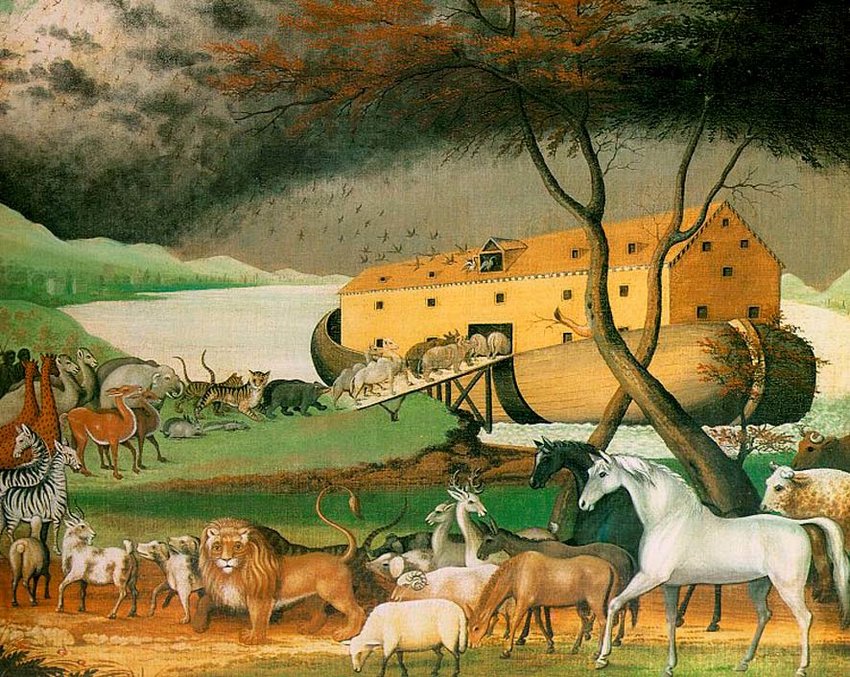
- The size and complexity of the ark. The ark was not a simple boat, but a massive vessel with three decks, multiple rooms, and a roof. It measured about 450 feet long, 75 feet wide, and 45 feet high, according to Genesis 6:15. That’s about half the size of a football field! It had a capacity of about 1.5 million cubic feet, which is equivalent to about 520 standard railroad cars. It could hold up to 125,000 animals of various sizes. Building such a huge structure with limited resources and manpower must have been very challenging and time-consuming.
- The lack of advanced tools and technology. Noah did not have access to modern machinery or equipment that could help him cut, shape, transport, and assemble the wood for the ark. He had to rely on primitive tools like axes, saws, hammers, nails, etc., which were slow and inefficient compared to today’s standards. He also had to find suitable materials like gopher wood (a type of cypress or cedar) and pitch (a type of resin or tar) for waterproofing.
- The opposition and ridicule from other people. Noah lived in a wicked generation that did not believe in God or His coming judgment. They probably mocked him for his faith and his work on the ark. They might have also tried to hinder him by stealing his materials, damaging his work, or threatening his life. Noah had to endure their hostility and contempt for decades while he obeyed God’s command.
- The obedience and patience of Noah and his family. Noah did not question God’s instructions or doubt His promise. He did everything exactly as God told him (Genesis 6:22; 7:5). He also taught his family to follow God’s will and help him with his work. They had to trust God’s timing and plan while they waited for His word to enter the ark.
What Challenges Did Noah Face While Building and Preparing the Ark?
Building the ark was not the only challenge that Noah faced. He also had to prepare for his life inside the ark and after the flood. Here are some of the difficulties he had to overcome:
- Gathering and storing enough food and water for his family and the animals. Noah had to collect a variety of food items that could last for more than a year without spoiling or rotting. He also had to store enough fresh water that could quench the thirst of all living creatures on board. He had to plan ahead and organize his supplies carefully so that he could access them easily when needed.
- Loading and caring for the animals. Noah had to bring two of every kind of animal (male and female) into the ark, according to Genesis 6:19-20. He also had to bring seven pairs of clean animals that were suitable for sacrifice, according to Genesis 7:2-3. He had to arrange them in their respective rooms and cages and provide them with adequate space, ventilation, lighting, bedding, etc. He also had to feed them, clean them, groom them, and prevent them from fighting or escaping.
- Dealing with the noise and smell of the ark. Imagine living in a confined space with thousands of animals for more than a year! The noise level must have been unbearable at times, especially during storms or feeding times. The smell must have been unpleasant as well, especially from animal waste or decaying food. Noah had to cope with these sensory challenges while maintaining his sanity and health.
- Surviving the flood and its aftermath. Noah had to endure the terrifying sight and sound of the flood waters covering the earth and destroying everything he knew (Genesis 7:11-24). He also had to face an uncertain future after he left
- the ark (Genesis 8:1-19). He had to rebuild his life from scratch in a new and unfamiliar world. He had to plant crops, raise animals, and repopulate the earth with his descendants. He also had to worship God and obey His commands.
| Difficulty | Description |
|---|---|
| Physical labor | Building an enormous ark using primitive tools and techniques required immense physical strength, stamina, and skill. Noah and his family had to cut down trees, shape them, and assemble them into a massive vessel that could withstand the floods. |
| Logistical problems | Noah had to gather enough materials, including wood, pitch, and various types of food, to sustain himself, his family, and all the animals for over a year. He also had to prepare the animals for the journey and ensure that they were housed and fed properly. |
| Spiritual warfare | The Bible suggests that Noah faced opposition and ridicule from his contemporaries, who did not believe in his message and mocked him for his faith. Additionally, he may have faced spiritual warfare and temptation from evil forces that sought to undermine his mission. |
| Emotional stress | Noah’s mission may have isolated him and his family from society, as they were focused solely on their work and their faith. The enormity of the task, combined with the pressure and responsibility of saving all living creatures, may have caused emotional stress and anxiety. |
These difficulties demonstrate the immense challenges that Noah faced in undertaking such a monumental task. Despite these obstacles, he remained faithful and persevered in his work, trusting in God’s promise and guidance.
How Did Noah’s Faith Help Him Overcome These Challenges?
Noah was able to overcome these challenges because he had faith in God. Hebrews 11:7 says that “By faith Noah, being warned by God concerning events as yet unseen, in reverent fear constructed an ark for the saving of his household.
By this, he condemned the world and became an heir of the righteousness that comes by faith.” Noah believed God’s word and acted on it, even though he did not see any evidence of the coming flood or understand how it would happen. He respected God’s authority and followed His instructions faithfully. He also trusted God’s promise and provision for his salvation and future.
Noah’s faith was not only a personal conviction but also a powerful testimony. His work on the ark was a visible sign of his obedience and devotion to God. His preaching of righteousness was a clear warning of God’s judgment and an invitation to repentance (2 Peter 2:5). His sacrifice after leaving the ark was a grateful expression of his worship and dedication to God (Genesis 8:20-21). His life after the flood was a fruitful demonstration of his stewardship and blessing from God (Genesis 9:1-17).
Noah’s faith inspired generations of believers who faced similar challenges in their lives. He is remembered as one of the heroes of faith who pleased God and received His reward (Hebrews 11:6; 11:39-40). He is also an example for us today who live in a wicked world that awaits God’s final judgment (Matthew 24:37-39; Luke 17:26-27). We can learn from Noah how to trust God, obey Him, warn others, worship Him, and serve Him faithfully until He comes again.
Conclusion
In this blog post, we have learned about Noah’s life before, during, and after the flood. We have seen how he faced many challenges and how he overcame them with faith in God. We have also seen how his faith was a witness to the world and an inspiration to us.
We hope that this blog post has helped you understand Noah’s story better and appreciate his faith more. We also hope that it has encouraged you to follow his example and live by faith in God in these last days.
If you enjoyed this blog post, please share it with your friends and family.

Sangtea Hmar is a passionate leader of the Youth Christian Fellowship at the Electric Vengthlang Presbyterian Church in Aizawl, Mizoram, India. He is the owner of Christiantone.com and is committed to spreading the word of God. He loves to mentor youth and help them grow in their faith.

